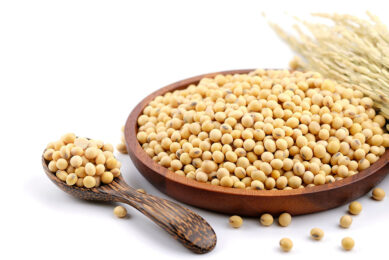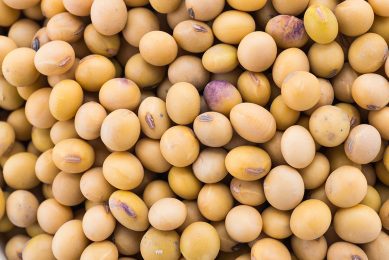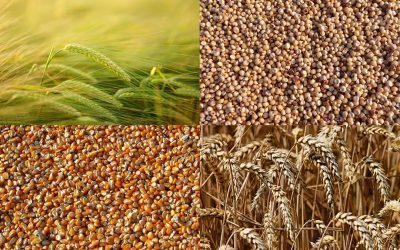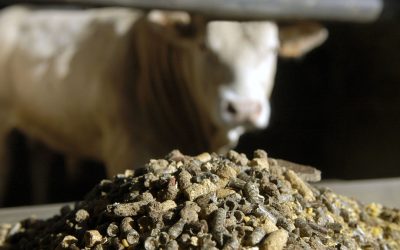Taxes hamper soybean export in Argentina
Argentinean farmers are holding on to their soybean stocks because the government is not willing to lower the export taxes on soybeans.
Argentina has lowered its export taxes on wheat and corn shipments but
refuses to do the same for soybeans, Cabinet Chief Sergio Massa has said to
newspaper La Nacion.
Local press reports had speculated the government
was considering lowering the export tax on soybeans to spur farmers holding on
to stocks to sell.
Argentina’s farmers are sitting on extremely high
soybeans stocks from the 2007-08 crop.
About 10 million tonnes of
soybeans are resting in silos and other storage systems. Normally stocks level
at around 3 million tonnes at this time of the year.
This year’s stocks
represent 22% of the record crop grown in 2007-08.
Strike with no
effect
Already in March farmers began holding back stocks. Then they
launched a strike over grain export taxes.
That conflict dragged on for
four months before the government backed off the sliding- scale taxes following
a Senate vote against the plan.
After the strike ended, farm group
leaders urged their members to only sell the minimum necessary to get by. For
the rest they should hold onto their stocks in the hope of a rebound in
prices.
Since mid-2008 soybean prices have fallen about 50% since and
farmers are hesitant to take their beans to market at current
prices.
Export taxes on wheat and corn down
President Cristina
Fernandez announced this week that export taxes on wheat and corn would be
lowered by five percentage points. Further reductions will be put in place if
farmers increase output.
These crops are consumed domestically and the
move is designed to stimulate production. Soybeans, on the contrary are almost
exclusively exported.
Wheat exports will now be taxed at 23%, while corn
shipments will carry a maximum 20% export tax.











